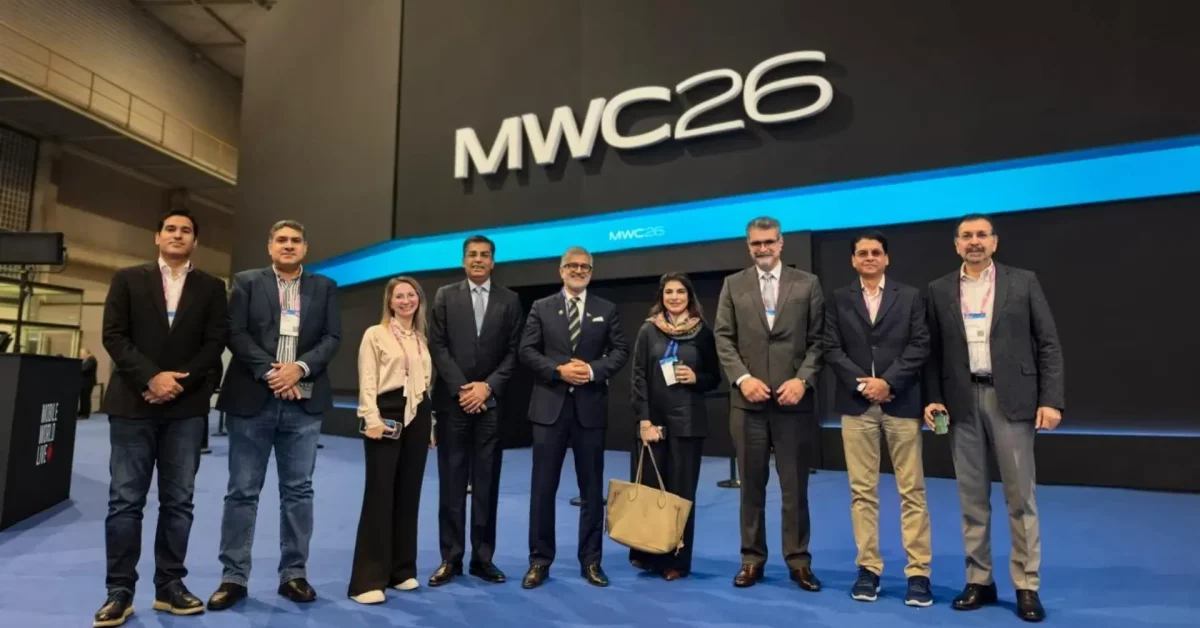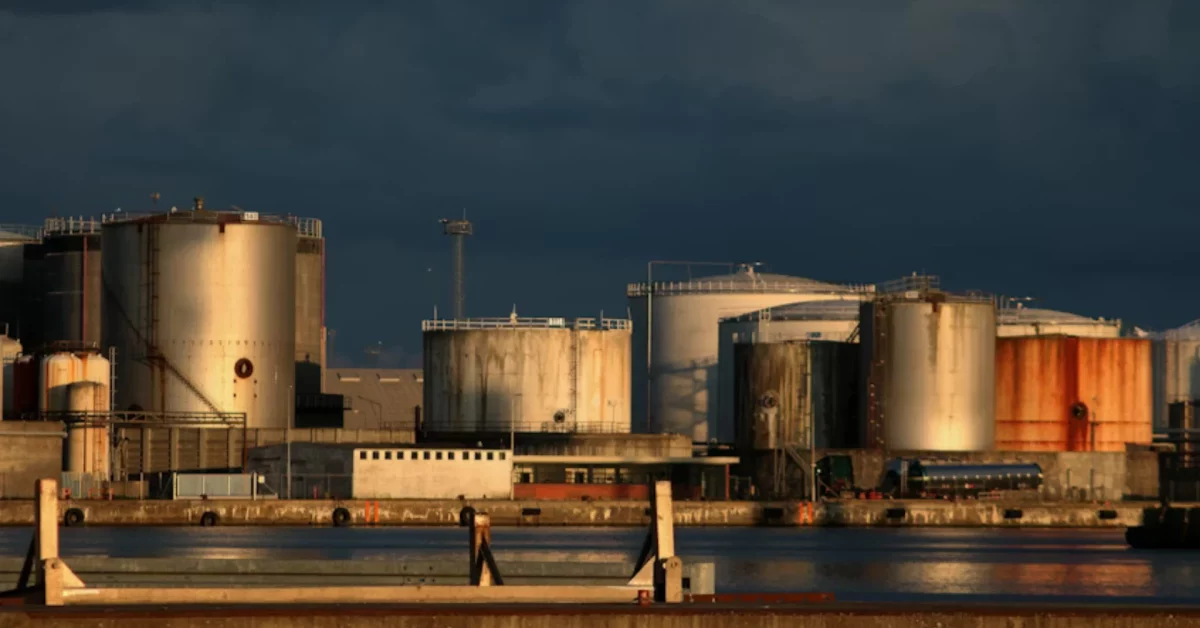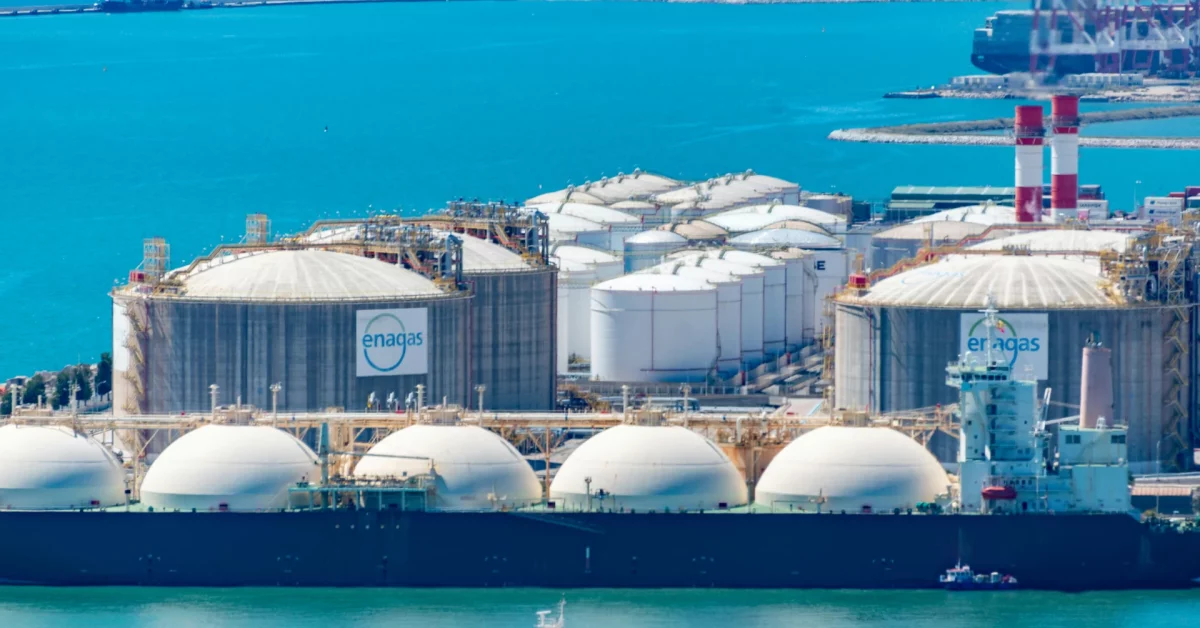Pakistan’s Banking Sector Adopts Blockchain Technology to Combat Money Laundering & Terror Financing
April 10, 2023
Mobile Money Trends – Ownership
April 26, 2023The Potential Of Circular Economy in Pakistan
Circular economy principles focus on using and reusing products to reduce the consumption of raw materials and lower CO2 emissions. To achieve global climate goals and maintain economic growth, it is important to eliminate the concept of waste in our modern society. In the past, waste almost did not exist, and everything was reused, repaired, and regenerated. To create value within a circular economy system, it must be fully digitalized, enabling ecosystem collaboration through digital technologies that leverage interdependence, transaction costs, and power relations.
As digitalization becomes the foundation for building a circular economy ecosystem, at an industry level telecom industry can enable collaboration in sectors such as E-Commerce, Online Banking, Ride Hailing & Delivery Services, Ed-Tech, Youth Development, Women Empowerment, and Agri-tech. By reducing waste and carbon emissions, we can mitigate the effects of climate change and improve the environment for a more sustainable future.
The mobile tower industry in Pakistan has become the largest diesel fuel consumer due to technological upgrades and the reliance on grid electricity and diesel generators. To reduce this dependency, EDOTCO, a leading telecommunications infrastructure services company, is incorporating alternative energy sources into its mobile tower operations by using Lithium-Ion Technology and deploying solar panels. By doing so, EDOTCO is reducing its carbon footprint, lowering operational costs, and contributing to sustainable practices that benefit local communities.
Telenor’s Thunderbolt Project comprises of solar and battery backup solutions designed to consume less energy year on year. Jazz, as a digital operator and market leader is leading the industry with its commitment to reducing waste and carbon emissions through initiatives such as the 3Rs (Reduce, Reuse, Recycle) and the Circular Economy of Devices initiative. From employees’ perspective Jazz has a hard stop of office hours at 7 PM with Fridays as mandatory work from home days, encourages pick and drop services and carpooling to reduce fuel consumption.






